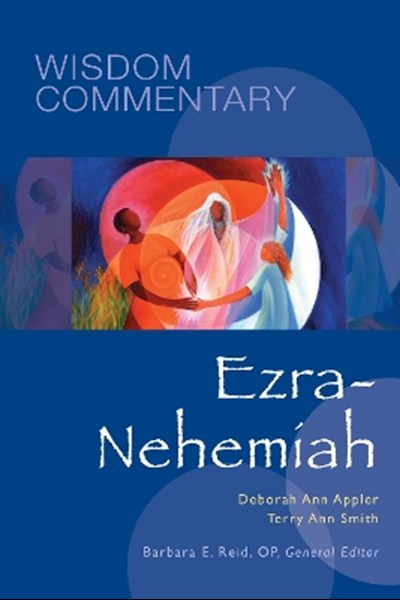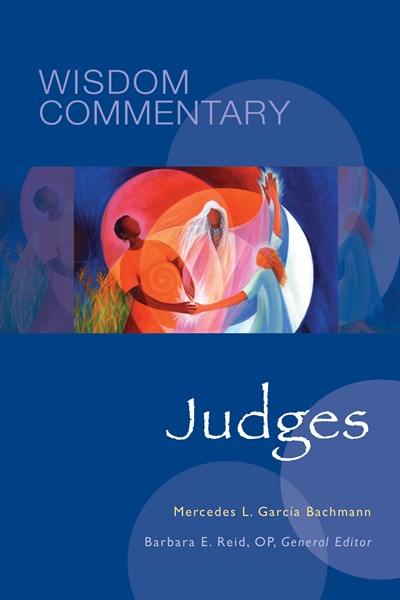Lamentations
This item is in stock and will be dispatched within 48 hours.
29 units left in stock.
Though the five poems of Lamentations undoubtedly refer to the Babylonian siege and destruction of Jerusalem in 587 BCE, the multiple voices that narrate unspeakable suffering and labor to make sense of the surrounding horror do so at women's expense.
In the opening chapters, a prevailing metaphor of Jerusalem as a woman (Woman Zion) portrays a weeping widow, abandoned and alone, who soon becomes the target of blame for the downfall of the city and its inhabitants. Vague sexual improprieties craft the basis of her sinfulness, seemingly to justify her immense suffering as punishment.
The damning effect of such a metaphor finds company in subsequent accounts of women, young girls, and mothers-all victims of the destruction recorded therein. But this feminist interpretation of Lamentations does not stop at merely documenting the case against women; it also demonstrates how such texts can serve as sources of strength by lifting up portraits of courageous resistance amid the rubble of misogynist landscapes.
List of Abbreviations ix
Acknowledgments xi
List of Contributors xiii
Foreword “Tell It on the Mountain”—or, “And You Shall Tell Your Daughter [as Well]” xv
Athalya Brenner-Idan
Editor’s Introduction to Wisdom Commentary: “She Is a Breath of the Power of God” (Wis 7:25) xix
Barbara E. Reid, OP
Author’s Introduction: “For These Things I Weep” (Lam 1:16a) xxxix
Lamentations 1 “Is There Any Sorrow Like My Sorrow . . .” 1
Lamentations 2 “O Daughter Zion, Who Can Heal You?” (Lam 2:13) 19
Lamentations 3 “Does the Lord Not See?” (Lam 3:36) 39
Lamentations 4 “Life Drains Away” (Lam 4:9c) 59
Lamentations 5 “Why, O Lord, Have You Forgotten Us?” (Lam 5:20) 75
Conclusion: Lamenting Lamentations 93
Works Cited 101
Index of Scripture References 105
Index of Subjects 107
"Alert to the complexity of Lamentations' portrayal of suffering, Hens-Piazza invites dialogue between this book and urgent contemporary voices that resonate with it. This contribution to the Wisdom Commentary series opens for reflection various dimensions of suffering while stressing the gendered experience Lamentations presents. Hens-Piazza boldly takes on the challenges of multiple voices reflecting on issues of gross injustice, alerting us to the ethical complexity of such situations as are presented here and elsewhere in our experience. The various contributions brought to bear here from biblical scholarship, gender theory, and contemporary culture help us hear the diverse and often competing claims of many experiences of suffering. Hens-Piazza's work challenges us to see and possibly slow our tendency to project harm and blame onto others, whether co-creatures or creator."Barbara Green, OP, Professor of Biblical Studies, Dominican School of Philosophy and Theology, Berkley, CA

















_20250107120452862.jpg?width=104&height=154&mode=pad&bgcolor=fafafa)






